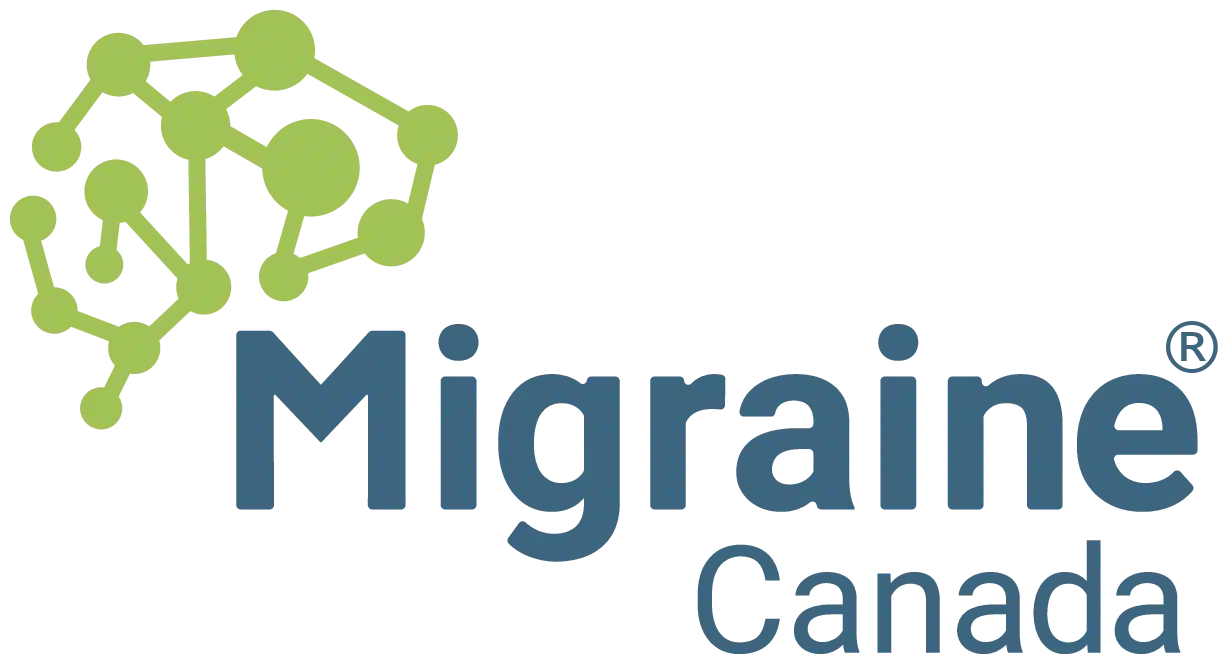Acute Treatments
Acute treatments focus on stopping a migraine attack once it has commenced. This is distinct from preventive treatments, which aim to reduce migraine frequency.
On this page, you will find:
Tips for Controlling Migraine Attacks with Acute Treatments
List of Acute Treatments Available in Canada
Common Questions About Acute Medications for Migraine Attacks
Migraine Canada Videos, Articles & Resources about Acute Treatments
Table of Acute Treatments: Classes, How They Work, and Side Effects
Neuromodulation devices can also be used to treat migraine attacks. For more information, please see our Neuromodulation Device page or our webinar with Dr. Alex Melinyshyn.
Tips for Effectively Controlling Migraine Attacks Using Acute Treatments:
- Aim for Relief: The goal is to return to function or at least a decrease in symptoms.
- Explore Options: Work with your care provider to try different treatments.
- Track Patterns & Progress: Be sure to observe your attacks and be aware of how they start and evolve. Use a migraine diary (Post #5: How to Use a Migraine Diary) or our Canadian Migraine Tracker App(app landing page)) to record results.
- Early Intervention: Treat early, it will increase your success rate.
- Treatment Combinations: For severe attacks, discuss medication combinations (NSAID and Triptans) with your healthcare provider.
- Address Nausea: Use specific medications to treat nausea if you experience it
- Alternative Methods: Consider nasal sprays, injections, and other non-pill options for severe attacks.
- Natural Remedies: Techniques like hot/cold therapy, mint rollers, acupressure, and breathing exercises can be beneficial.
- Tailored Approach: Use different treatment options for attacks of different severity.
- Prevent Overuse: Avoid frequent medication use and consider preventive strategies.
- Explore Gepants: These medications are specifically indicated for migraine and do not lead to medication overuse headache.
- Avoid Cannabis and Opioids: Cannabis is better avoided for migraine treatment until more research is available. Avoid opioids, they should be only a last resort
Frequently Asked Questions
What are acute treatments for migraine?
Acute treatments focus on stopping a migraine attack once it has commenced, distinct from preventive treatments that aim to reduce migraine frequency.
What is the goal of an acute treatment?
Efficient and reliable acute treatment aims to restore your ability to resume daily activities within 1 to 2 hours. The medication should be effective, reliable, and have no significant side effects. If you have severe attacks, the goal may be to decrease symptoms (pain, nausea, sensory sensitivity, others) even if a return to function is not possible.
How can I tell the difference between migraine attacks and tension headaches?
Identifying migraine symptoms such as light sensitivity, irritability, nausea, and throbbing pain can help distinguish migraine attacks from tension headaches. Recognizing these warning signs can aid in early treatment, potentially increasing success rates. Many migraine attacks start at a mild degree but then deteriorate.
How will I find the right acute treatments for me?
Since each patient responds differently, finding the right acute treatment may involve trying various medications and combinations. It is rare for a treatment to be effective for 100% of attacks, so we suggest that you try each new medication for a few three separate migraine attacks. Tracking responses in a migraine diary and evaluating benefits and side effects can guide treatment decisions in consultation with your healthcare provider.
When should I treat the migraine attack? Sometimes I try to wait to see if it will pass.
Treating the attack early increases your chances of success and return to function. For some people, their migraine attacks are always the same, but others have different types, some rising quickly, others slowly. Some start during sleep. The sequence of symptoms may vary, but once an attack is full blown, it becomes more difficult to stop it. In the case of gepants, studies have shown that treating during your prodrome (if you have a recognizable and reliable one) can be beneficial.
My migraine attacks come on quickly, or I wake up with them. What should I do?
Consider asking your doctor for a medication that does not need to be absorbed by the stomach, such as a nasal spray, suppository, or injection. Such options may be effective.
Can I combine several acute treatments?
The different categories of acute medications may be taken together to treat different parts of the attack. For example, you may need something for pain and nausea. Different migraine medications act through various mechanisms, and combining them may increase your chances of success. Different attacks may require different combinations.
What about rebound headache? How many days per month can I safely treat?
It is crucial to exercise caution if experiencing headaches more than two days a week. The risk of drug-induced (rebound or medication overuse) headache starts at 10 days per month, and gets higher with higher frequency. If you have headaches more often than this, you may need a preventive medication to help reduce the frequency of your migraine attacks. As a note, gepants taken acutely do not induce rebound, they could even add a preventive effect.
Can I use opioid medications for migraine?
Opioids are usually avoided for migraine treatment because they are more likely to result in a temporary response where the migraine returns in a few hours or the next day. The brain becomes more sensitized to pain following the use of opioids and there is greater risk for rebound headaches. The pattern of migraine often becomes more frequent and more severe in people who use opioids.
FAQ References
References:
- Worthington I, Pringsheim T, Gawel MJ, Gladstone J, Cooper P, Dilli E, et al. Canadian Headache Society Guideline: acute drug therapy for migraine headache. Can J Neurol Sci. 2013;40(5 Suppl 3):S1-s80.
- Gilmore B, Michael M. Treatment of acute migraine headache. Am Fam Physician. 2011;83(3):271-80.
- Mayans L, Walling A. Acute Migraine Headache: Treatment Strategies. Am Fam Physician. 2018;97(4):243-51.
- Rapoport AM. Acute treatment of migraine: established and emerging therapies. Headache. 2012;52 Suppl 2:60-4.
More Resources on Acute Treatments
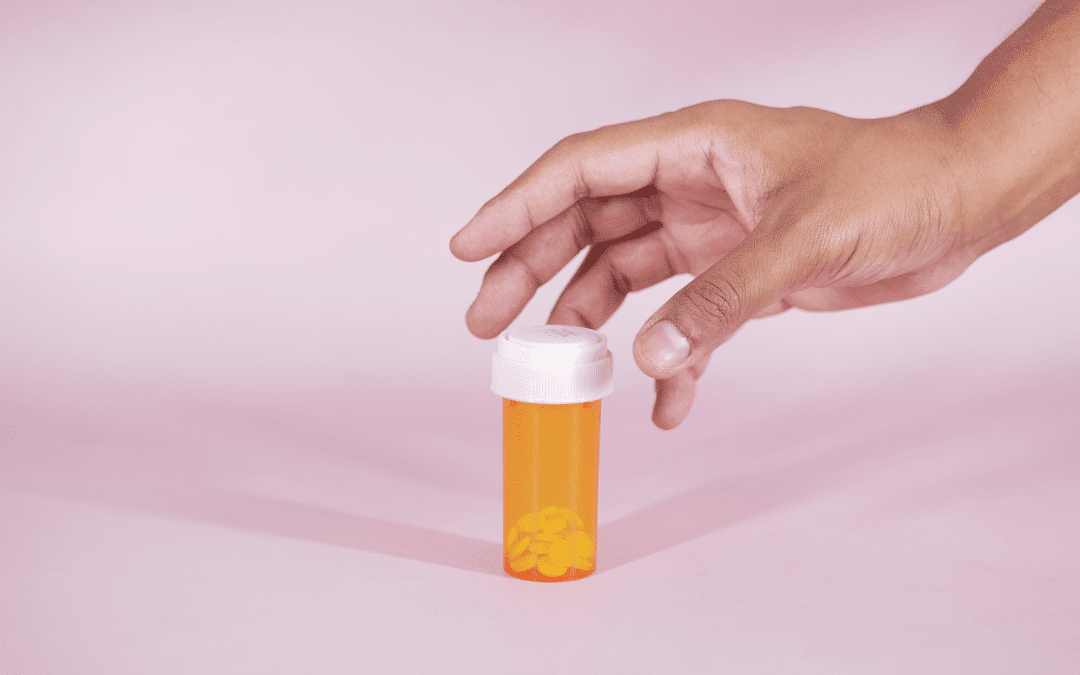
How to Use Acute Medications for Migraine Relief
Are you exploring your options to treat your migraine attacks? Have you tried some medications with no success? In this resource you’ll discover the various drug classes available and key principles...

Acute dosing of Adult Medications for Migraine Treatment
This Adult Acute Dosing Guide is your comprehensive resource for navigating the wide range of acute treatment options available in Canada. It provides clear guidelines on how to use acute...
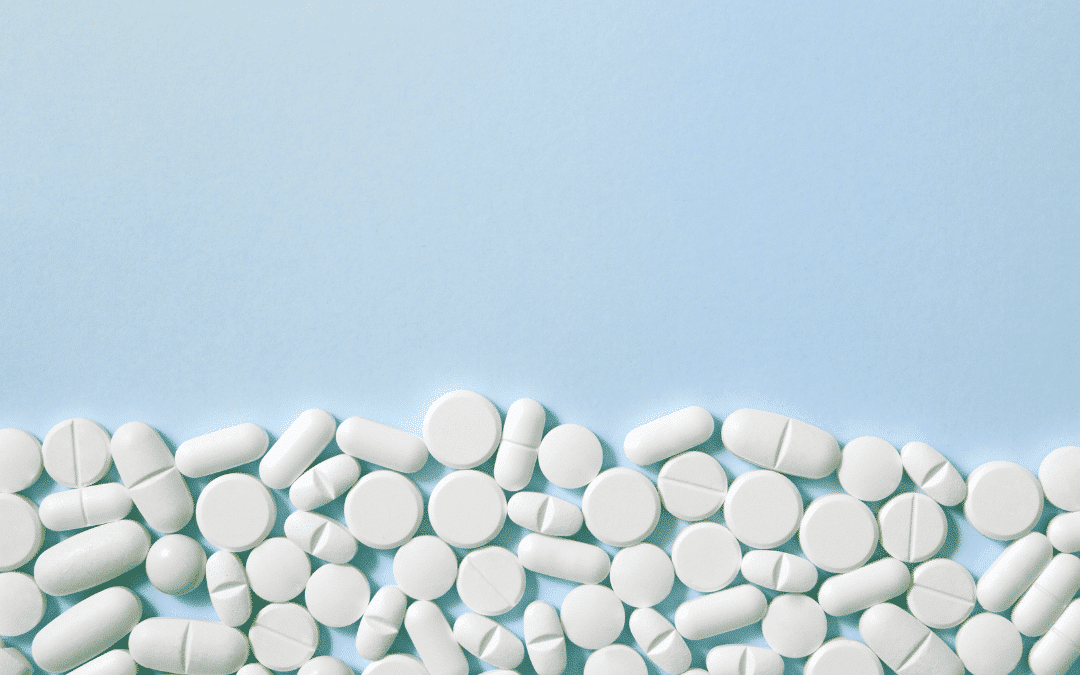
Gepants for Acute Migraine Treatment
Are you exploring your options for acute migraine treatment? Curious about gepants? Gepants are migraine-specific medications designed based on the scientific understanding of CGRP’s role in...
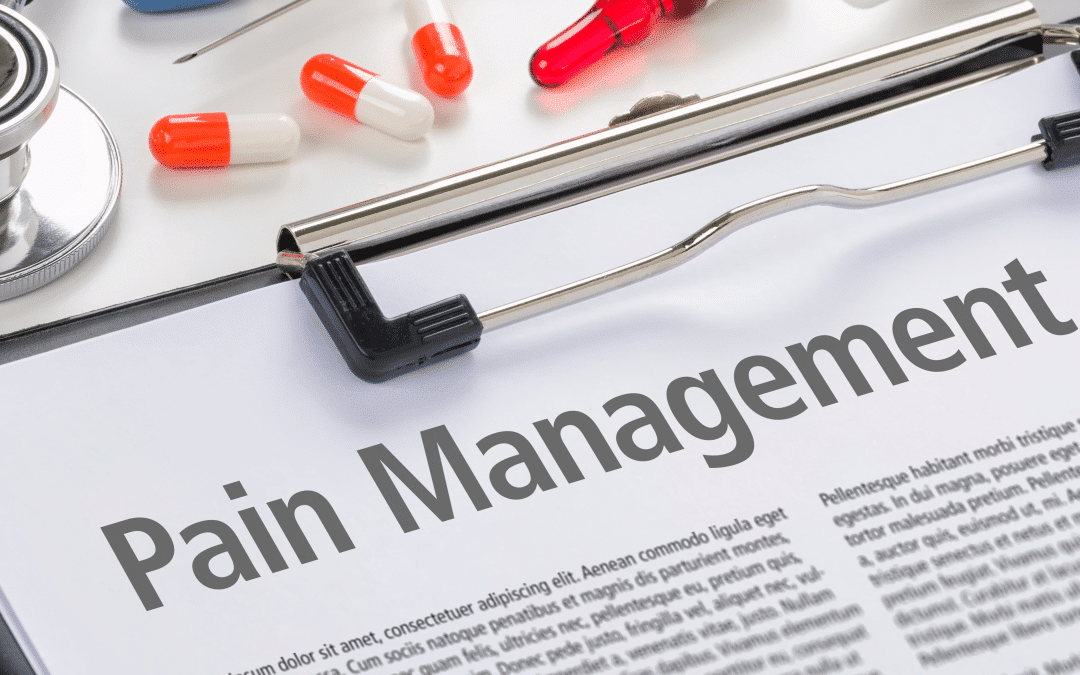
Gepants: Both A Preventive and An Acute Treatment for Migraine
Looking for new options in migraine treatment? Gepants are emerging as a promising solution in Canada. This class of medications is specifically indicated for migraine and can be used for both...
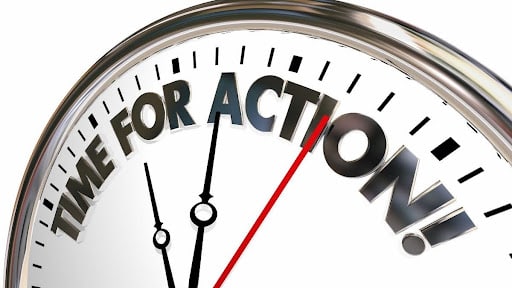
The Treating Early Principle
Understanding and implementing the "Treating Early Principle" is crucial for effective migraine management. From recognizing early signs to keeping your medications accessible, this guide offers...

How to Use Acute Treatments for Migraine Attacks
Are you struggling with migraine attacks and looking for effective ways to manage them? Understanding and utilizing acute treatments for migraine attacks can make a significant difference in your...
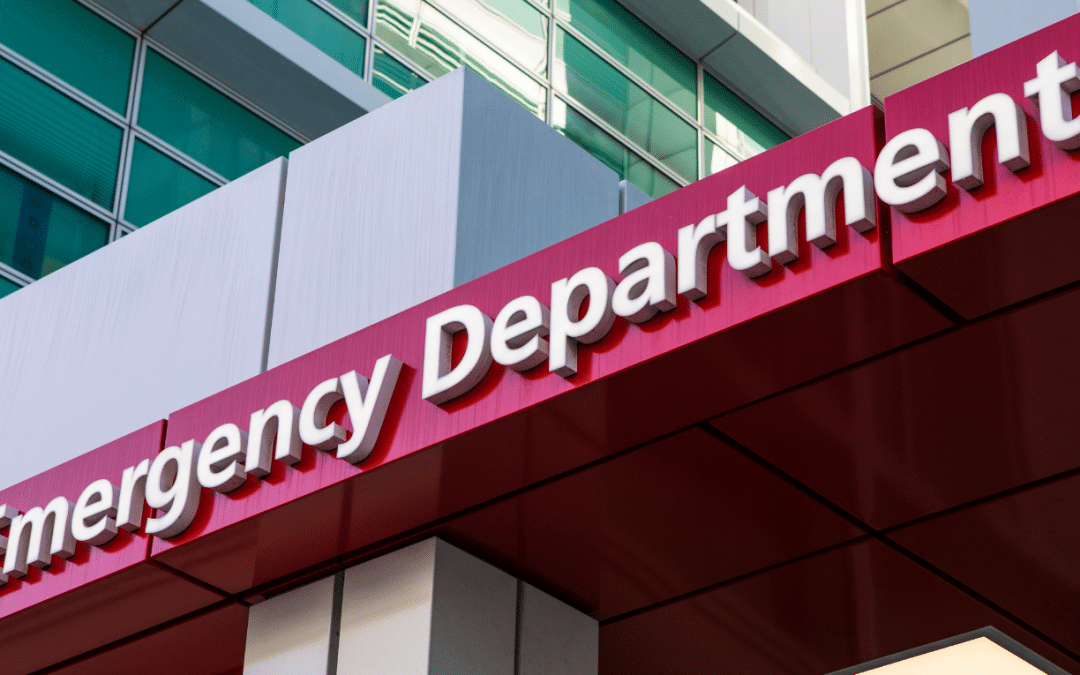
Going to the Emergency Department with Migraine
Visiting the emergency department can be a challenging experience, especially for those with migraine. The bright lights, loud noises, and long wait times can make it an unbearable environment....

Relaxation Practice: Why and How Should People with Migraine Use It?
Wondering why relaxation is crucial for managing migraine? Research reveals a strong link between stress and migraine, suggesting relaxation techniques can effectively mitigate both stress and...
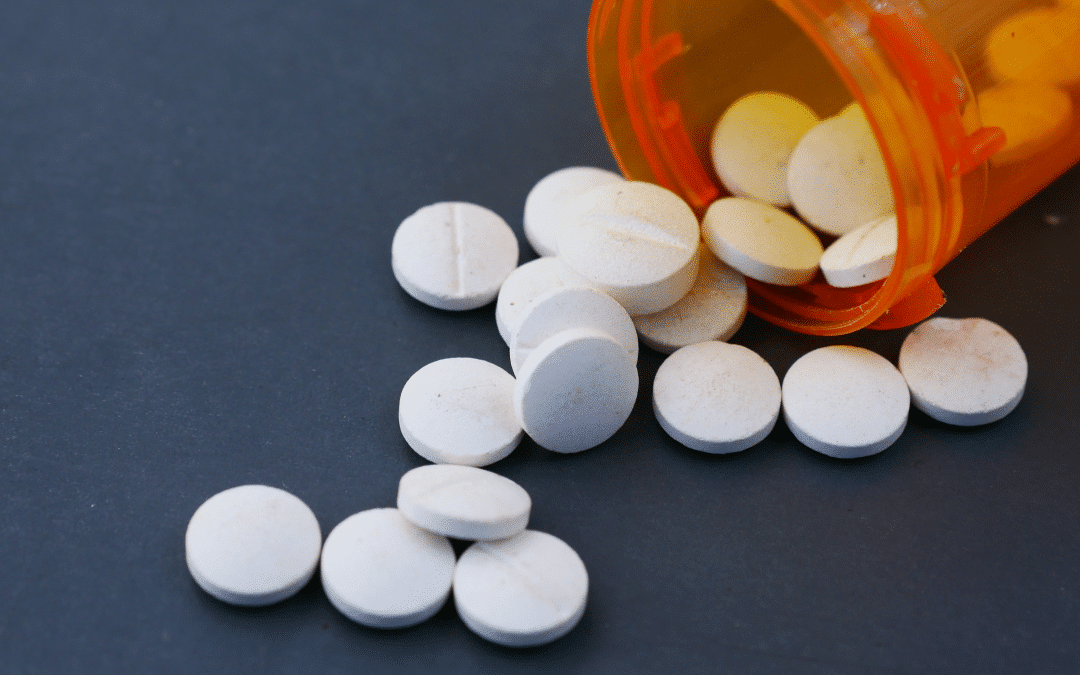
Medication Overuse Headache: Tips to Organize a Successful Withdrawal
Addressing medication overuse is crucial for managing chronic headache. If you suspect overuse may contribute to your headache problem, withdrawal might be necessary. This article offers key tips to...

Your Migraine Team: you are not alone
Migraine can vary from a mild inconvenience for some to a debilitating condition for others. There is no single solution, but numerous allies can help you manage and improve your condition. This...

Migraine Talks Episode 3: Exercise and Migraine
If you live with migraine, you’ve probably been told regular exercise can help prevent attacks. It is easy to understand, but not so easy to implement in our daily lives, especially if physical...

How to Exercise if You Live with Migraine
Managing migraine can be challenging, especially when physical activity sometimes triggers headaches. However, the right exercise regimen can significantly improve your overall health and even...
